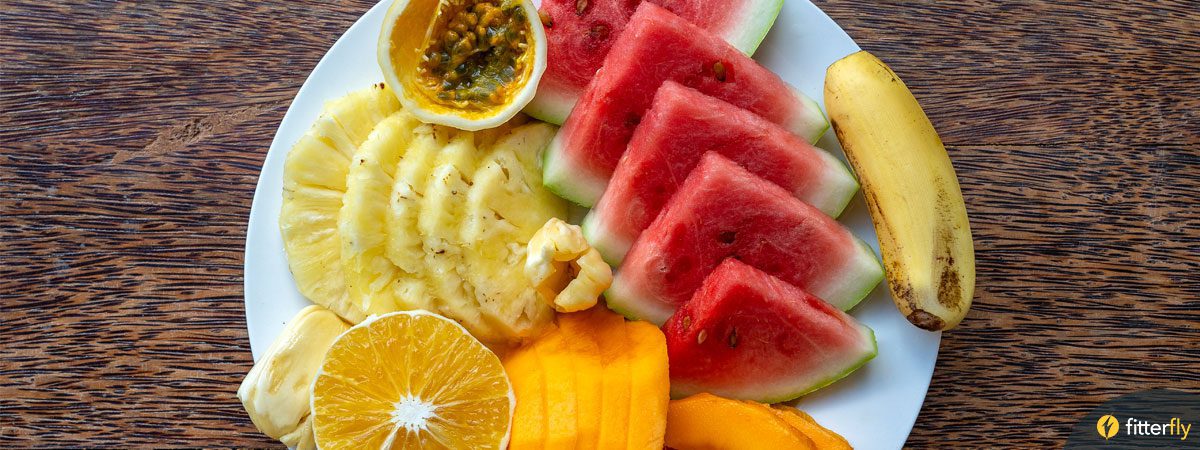What is Gastro-Esophageal Reflux Disease [GERD]? Causes, Symptoms, and Treatments

Acid reflux happens when contents from stomach flow back into your esophagus – the food pipe connecting mouth and stomach. It is also called regurgitation or gastroesophageal reflux.
Occasional acid reflux is quite common, however, if you have persistent symptoms occurring more than twice a week, your doctor might diagnose a condition known as Gastroesophageal reflux disease [GERD].
What are the symptoms of GERD?
Heartburn, usually after eating, which might be worse at night is the most common symptom of GERD. However, not all patients have heartburn. Other symptoms include – chest pain beginning behind the breastbone and moving upward to the neck and throat, difficulty swallowing, regurgitation of food with a sour/bitter taste in mouth, hoarseness of voice, nausea, bad breadth.
If you have night-time acid reflux, you might also experience:
- Chronic cough
- Laryngitis
- Worsening of asthma
- Disturbed sleep
What is the cause of Gastroesophageal reflux disease?
If the lower esophageal sphincter [circular band of muscle around the bottom of your esophagus] relaxes abnormally or weakens, stomach acid can flow back up into your esophagus and causes GERD.
What is the treatment strategy for GERD?
Along with medical and surgical treatments, doctors usually recommend lifestyle and dietary changes for most people needing treatment for GERD.
What is GERD diet, and other lifestyle remedies for GERD?
Making certain lifestyle changes may help reduce the frequency of acid reflux. Guidelines for treatment of GERD include:
- Maintain a healthy weight. Excess weight puts pressure on your abdomen, pushing up your stomach and causing acid to reflux into your esophagus.
- Stop smoking. Smoking decreases the lower esophageal sphincter’s ability to function properly, increasing reflux.
- Elevate the head of your bed. Raise the head end of your bed by 6 to 9 inches. Raising your head with additional pillows isn’t effective.
- Do not wear clothing that is tight around the abdomen.
- Don’t lie down after a meal. Wait at least three hours after eating before lying down or going to bed.
- Eat food slowly and chew thoroughly. Put your spoon down after very bite, chew your food slowly and completely before taking the next bite.
- Decreasing the size of portions at mealtime may also help control symptoms.
- Eat moderate amounts of food and avoid overeating.
- Chewing gum after eating is known to help some people
- Identify trigger foods and avoid their consumption.
What are the common foods that trigger GERD symptoms and should be avoided?
- Fatty or fried foods such as French fries, potato chips, whole milk, ice cream etc. Fat takes the longest time to leave the stomach; therefore, reduce the total amount of fat that you eat at a meal by decreasing the amount of ghee, butter, oils, salad dressings, gravy, fatty meats i.e. red meat, and full-fat dairy/milk products such as cheese, and whole milk.
- Spicy and excessively salty foods with high red chilli content.
- Fruits and vegetables like pineapple, citrus fruits, such as oranges, grapefruit, lemons, and limes, garlic, onions, tomatoes and tomato-based foods, such as tomato sauce, salsa.
- Beverages including alcohol, coffee, tea, soda, carbonated beverages, citrus and tomato juices.
- Other foods like chocolate, peppermint, processed foods.
What foods should be included in GERD diet?
Certain food products improve the symptoms of GERD and provide relief.
These include –
- Protein from low-cholesterol sources, such as almonds, lean poultry, beans, and lentils
- Fruits high in fiber, magnesium and potassium, especially berries, apples, pears, avocados, melons, peaches, and bananas
- Vegetables like potatoes, peas, cucumber, ginger, beans, and green vegetables, such as broccoli, spinach, asparagus.
- Whole grains, oatmeal and brown rice
- Egg whites
- Yogurt
- Healthy fats such as avocados, walnuts, flaxseed, olive oil, sesame oil, and sunflower oil.
A comprehensive GERD diet considers additional factors beyond basic dietary changes such as avoiding nutritional deficiencies while maintaining a good quality of life. A qualified nutritionist may be able to guide you to make diet and lifestyle changes alongside medication to provide relief from GERD and acid reflux.
This blog provides general information for educational and informational purposes only and shouldn't be seen as professional advice.












